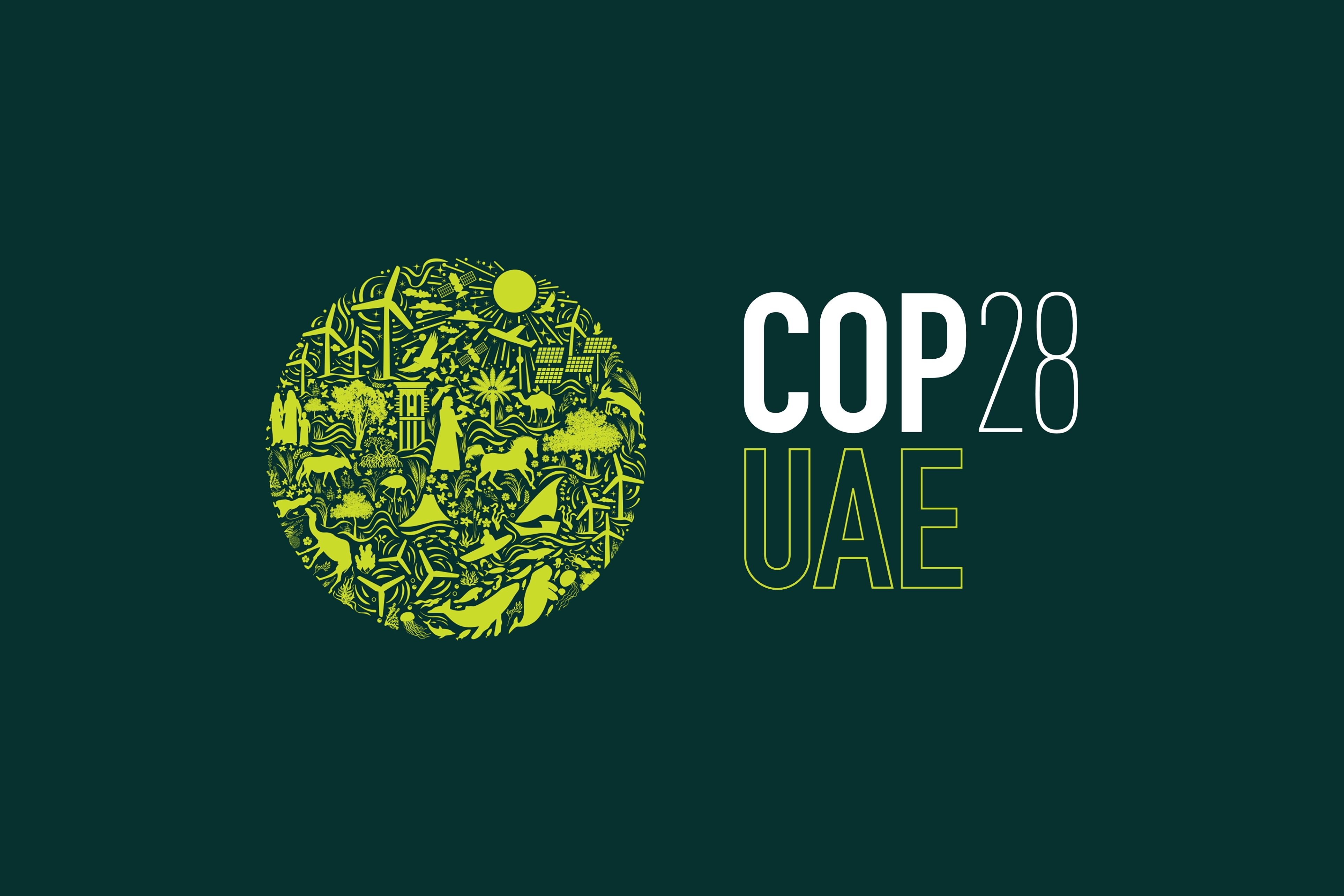COP28: A Tale of Money, Fossil Fuels, and Divisions

“Humanity has opened the gates of hell”, said the UN Secretary General Antonio Guterres during the Climate Ambition Summit, in New York, in September 2023, three months before COP28. The sense of urgency that he conveyed seems shared across the international community.

The past year since COP27 has been extremely busy in terms of multilateral actions and events aiming at addressing climate and more general environmental issues. The year 2022 ended with COP15 on Biodiversity, establishing a Global Biodiversity Framework. It was followed in 2023, by a series of major multilateral climate events, including the Finance in Common Summit in Cartagena (Colombia), and the aforementioned Climate Ambition Summit in United States of America (USA) which took place during a very busy New York Climate Week with over 600 side-events. In parallel, G20 and other countries held discussions regarding the reform of the World Bank, the establishment of new tools to support poor countries confronted with climate-related disasters, or more generally multilateral finance reform proposed by the Bridgetown Initiative. In addition, in Africa, Kenya hosted the first Africa Climate Summit in September, and in October Congo held the Three-Basins Summit, bringing together more than 30 countries from the Amazon, Congo, Borneo, and Mekong basins.
However, it is difficult to see any consensus on climate action emerging from these events, and the climate community seems to be extremely divided. The United Arab Emirates (UAE) COP-president designate, Sultan Al Jaber somehow embodies these divisions. He holds a controversial position as head of UAE’s national oil companies, which led some voices to call for this resignation. A number of issues are also a source of tension. The European Union (EU) and other coalitions are calling for a fossil-fuel phase-out while the UAE and a group called the Like-Minded Developing Countries (LMDCs) which includes China, India, and Saudi Arabia, are advocating a “phase down”. Developed countries, including the EU, are being demanded to ramp up their contribution to climate finance, and more specifically to the Loss and Damage Fund – but the US is reluctant to engage in this. Countries are also moving slowly to update their climate plans, or nationally determined contributions (NDCs), despite the calls from the UAE to submit these by September 2023 -the UAE raised their target by 10 points to lead by example. In the end, the EU seems quite isolated and is losing its influence, while the Global South, especially African countries, is more and more in a position to set the tone and the agenda.

Available in:
Regions and themes
ISBN / ISSN
Share
Download the full analysis
This page contains only a summary of our work. If you would like to have access to all the information from our research on the subject, you can download the full version in PDF format.
COP28: A Tale of Money, Fossil Fuels, and Divisions
Related centers and programs
Discover our other research centers and programsFind out more
Discover all our analysesPlacing the EU on a Warfare Footing: Energy and Raw Materials Priorities for 2026
The year 2025 has confirmed that one must prepare for much worse in the field of geopolitics and geoeconomics as the intensity and frequency of shocks increase and as the European Union (EU) has no more stable flanks now that crises with the United States (US) become so frequent and reveal a systemic rift. In the world, barriers to trade multiply and dependencies are weaponized.
Brazil One Year Away from the October 2026 General Elections
Brazil’s general elections will be held on October 4, 2026, to elect the president, vice-president, members of the National Congress, governors, deputy governors and state legislative assemblies. For the presidential and gubernatorial elections, a second round will be held on October 25 if no candidate obtains a majority of the votes in the first round.
COP30: An Inflection Point for Climate Action and Governance
The 30th Conference of the Parties (COP30), opening in Belém, Brazil, on November 10th 2025, convenes at a perilous moment.
The Strategic Dimension of Skills in the Clean Industrial Deal
In the competitiveness and energy transition battles, the European Union (EU) must master a determinant factor: skills.










